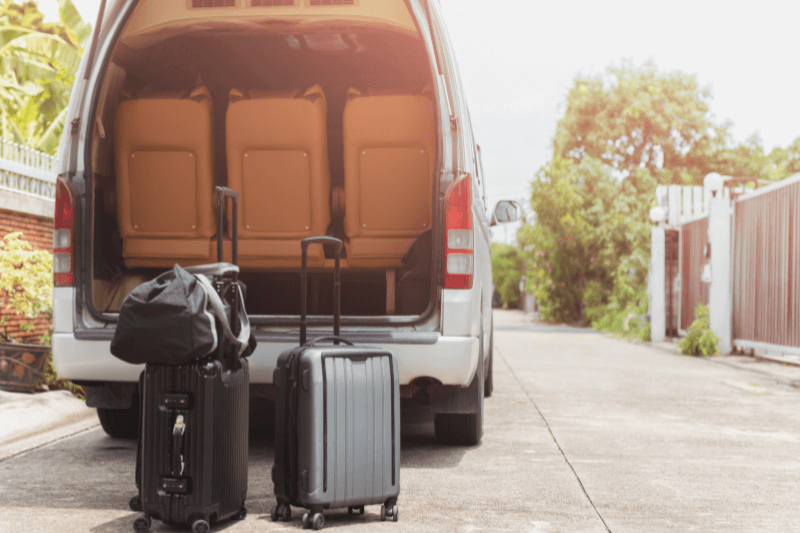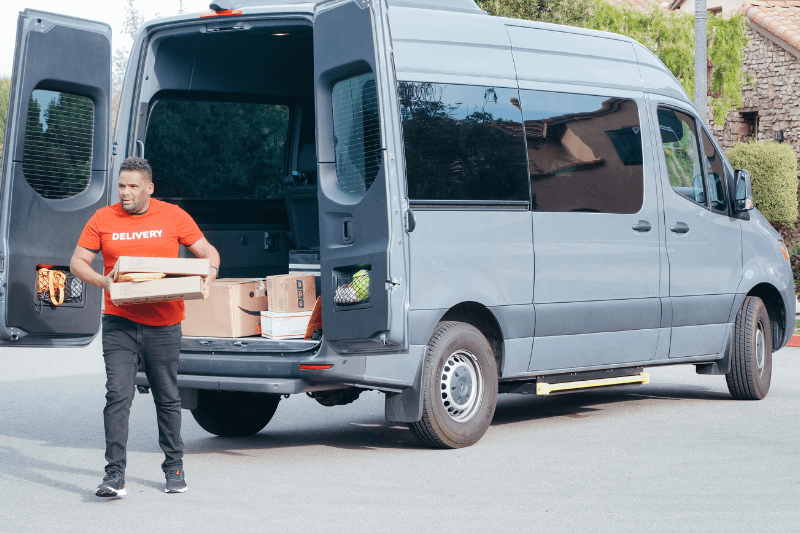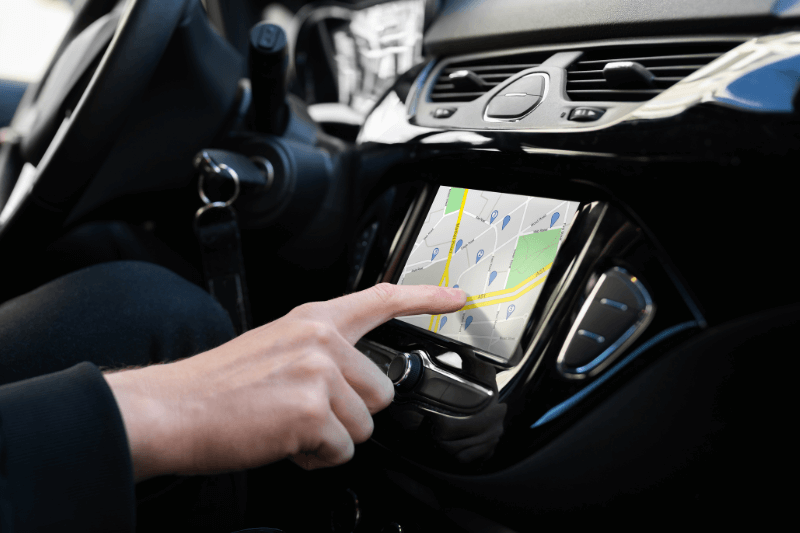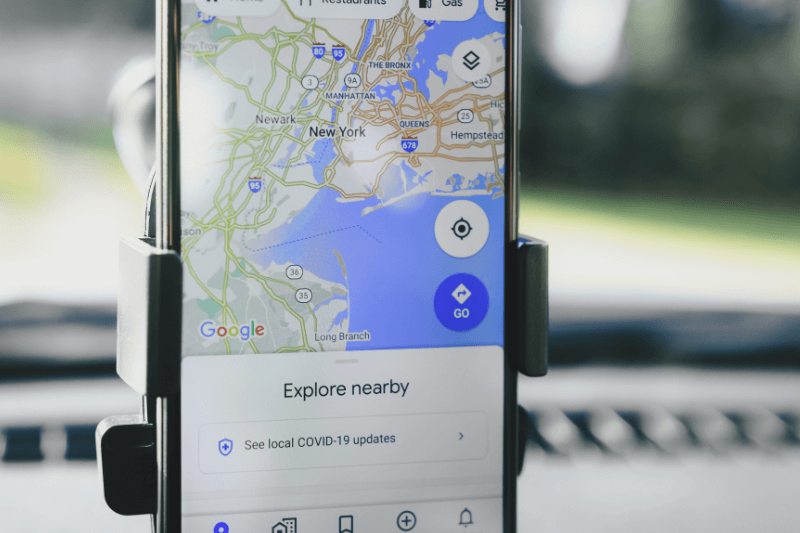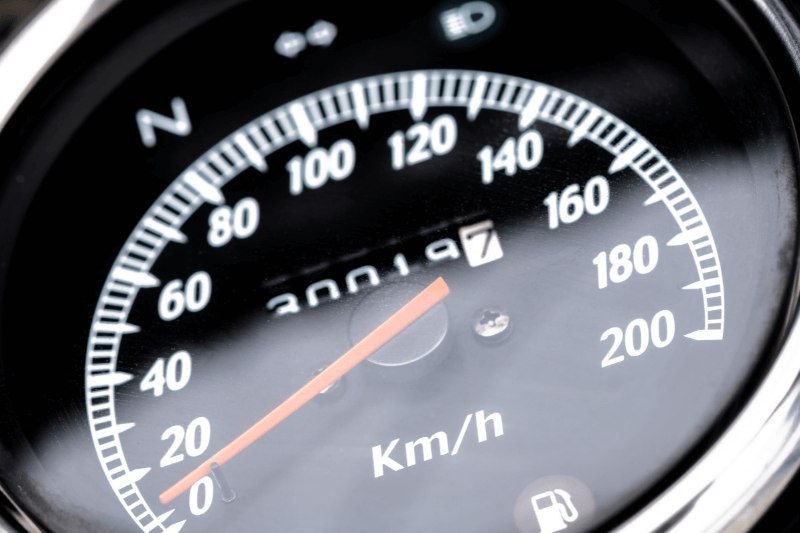Completing the Circle: Smarter Ways to Transport Waste
January 08, 2015
Recycling benefits us all
Recycling is one of the easiest ways to impact your local environment. The United States currently recycles 32.5 percent of its waste, compared with about 5 percent in 1970, according to the Natural Resources Defense Council.
The effects are felt far beyond your local community as well. The U.S. EPA estimates recycling cuts global warming pollution by the equivalent of removing 39.6 million passenger cars from the road. Clearly, recycling benefits us all.
Transporting recycled materials
But what happens to those materials after you toss your soda can or your newspapers in your curbside bin? It turns out, recycling only starts there. Those materials have to be transported from the curb to the sorting facility and then to manufacturers who will turn them into new products.
That’s a lot of mileage and a lot of fuel to get the job done. The ultimate goal is to reduce the amount of energy use throughout the entire process, from the truck on the curbside recycling route to the manufacturer who makes something new from the old. While the act of recycling is a good start, there are other ways to save energy to complete the recycling circle.
Recycling process
The first is planning an efficient route for the pickup of recycled goods. Solid waste companies actively seek ways to reduce the mileage and fuel costs on their trucks. Efficient route planning is a huge part of that process — enabling companies to save time and money by developing routes that minimize mileage and fuel costs.
And once it’s at the sorting facilities, it’s important to determine the most cost-effective way to ship recycled materials to the processing plants. The overall goal is to reduce environmental harm caused by the demand for raw materials — and that includes fuel production and vehicle wear and tear.
Think green
The benefits of recycling programs are far reaching. Recycling can reduce global warming pollution generated from landfills and incinerators. It can save energy, water and natural resources. It’s a small way to make a difference that has a huge impact on your local community and your world.
MyRouteOnline can help improve this process, by planning recycling routes online. Contact us today for more details.




